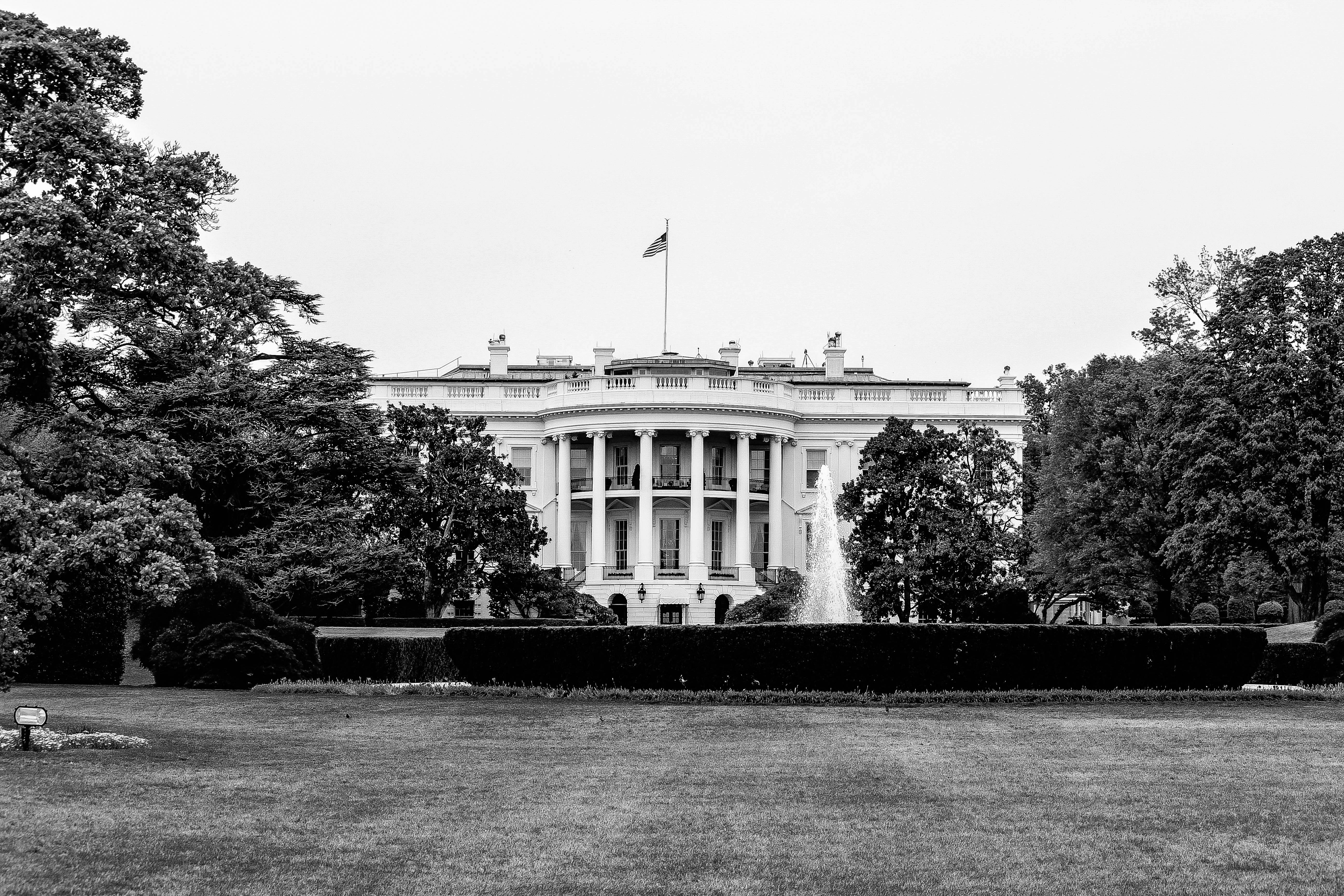
Sign up for Powell Tate Insights for monthly fresh takes on disruptions, innovations and impact in public affairs.

Corporations are facing a confluence of political turmoil, economic uncertainty and a world navigating the challenges of a global pandemic and vaccinating their populations. In a time of dynamic change, companies must closely monitor both fast-evolving, disruptive events as well as opportunities and threats that lie over the horizon.
Business has emerged as a trusted voice in our civic and political discourse, advancing and protecting societal values.
While public trust in government and public institutions has declined during the pandemic and economic downturn, business has emerged as a public champion of their companies’ and their employees’ values and aspirations, and a strong defender of shared societal values. From decrying racism, encouraging employees to participate in the political process and defending the peaceful transfer of power, to denouncing violence and defending the rule of law, business has been a forceful and influential voice. Stakeholder capitalism is the new order.
Data and analytics continue to be at the heart of communications.
As companies offer public stances on increasingly complex business and societal issues, it is no longer acceptable to advise the C-suite simply on judgment and experience. Companies will continue to invest in data and analytical tools that can provide real-time information to guide decisions that impact corporate and brand reputation. The COVID pandemic has been a catalyst to accelerate digital transformations across companies and business sectors.
Societal acumen is a core essence of corporate leadership.
CEOs and senior executives must not only evaluate information and data when making decisions that impact reputation, but context as well. Political and social divisions are deep and broad. Making sense of this fast-changing landscape requires perspective, sound judgment and a sharp political awareness. This is a new dimension of corporate leadership, one increasingly important as both workforces and consumers continue to be deeply divided.
The pandemic has underscored cross-border risks as an important reputational challenge.
Global companies are today operating in an increasingly fractured, multipolar world in which globalization and capitalism are under threat, democratic models are being challenged, technology is disrupting business and empowering activists and citizens, and nativist-driven tensions are rising. Companies must navigate business disruption created by burdensome regulation and tax structures; sanctions; cybersecurity threats, intellectual property theft; antitrust policy; data and privacy concerns; competition from state-owned enterprises and others. Their ability to manage these disruptions will enhance or harm reputation.
Public expectations of business are evolving from needing a conscience to needing a plan and showing results.
ESG is no longer an optional strategy. Issuing annual reports is no longer a sufficient measure of progress. Companies are expected to deliver on commitments for racial and gender equity, adopt actionable climate and sustainability initiatives, strengthen their governance and transparency processes, and demonstrate support for their workforces and local communities where they operate. Everyone is watching — advocates, regulators, investors, media, employees and consumers — and ready to “name and shame” companies that are not delivering on their commitments. Companies should ramp up climate-related actions as both the United States and European Union put in place new mandates and public expectations (especially young people) are on the rise for action, not just public proclamations.
Employees have emerged as key drivers of corporate reputation.
The pandemic has accelerated the shift to employees as key drivers of a company’s reputation. Our own research has shown that public trust in companies has increased as they have demonstrated responsible treatment of their employees during the pandemic and economic lockdowns. Over 60% of employees have consistently trusted their employer to put their health and well-being above corporate profits. This will not only help companies to retain and attract key talent but is a reputational asset for business. Employees are increasingly aware of their impact and seeking to shape how their companies interact with governments and elected leaders and respond to political and social issues.
Misinformation is proliferating across social media platforms, from elections and vaccines to climate and racial equity.
Companies that are even inadvertently posting or contributing to the spread of misinformation will experience an immediate reputational impact. Companies should be evaluating their owned platform strategies to ensure that all content is both accurate and politically sensitive. Companies should also consider offering guidance to employees about communicating on their personal social networks. A company’s reputation can also be harmed through the personal actions of its employees.
Cybersecurity, data and privacy issues are center stage.
As workforces operate in a hybrid or completely remote setting, the threat of cybersecurity attacks, data and privacy breaches can impact a company’s reputation instantly and deeply. This is a time for companies to make sure they are investing in the best technology tools and digital transformations to protect themselves from attacks from state and non-state actors, competitors, disgruntled employees, advocacy groups and others. Companies cannot depend on governments or law enforcement to prevent attacks on their digital infrastructure.
The future of work is evolving now.
The pandemic is transforming the way we work and empowering employees to drive the organizational design of companies. Polls show that employees are increasingly comfortable with remote or hybrid working and with the right technology tools they can be just as productive. Companies are transforming their organizational models to accommodate how and where employees want to work in the future. This will have deep implications for our cities and every aspect of our economy.
Companies that operate globally should be attentive to rising geopolitical tensions.
The United States and China are locked in competition for geopolitical influence, economic and technology advantage and global and regional security. Disputes exist between the U.S. and Europe over tech regulation, digital taxes, trade and tariffs policies. Regional actors such as Russia, India, Brazil, Turkey and Iran are seeking influence in an increasingly multipolar world. Global companies will have to navigate many forms of business disruption created by government regulation and tax structures; trade, inward investment and sanctions policies; cybersecurity threats, intellectual property issues; antitrust policy; tech regulation, data and privacy concerns and others. Their ability to manage these challenges will impact not just their business success but their corporate and brand reputations.

Sign up for Powell Tate Insights for monthly fresh takes on disruptions, innovations and impact in public affairs.